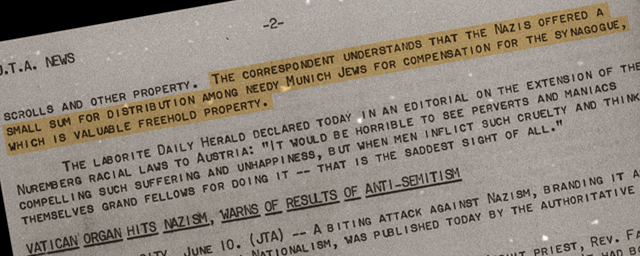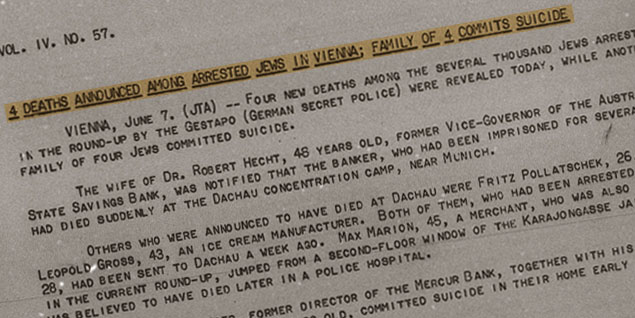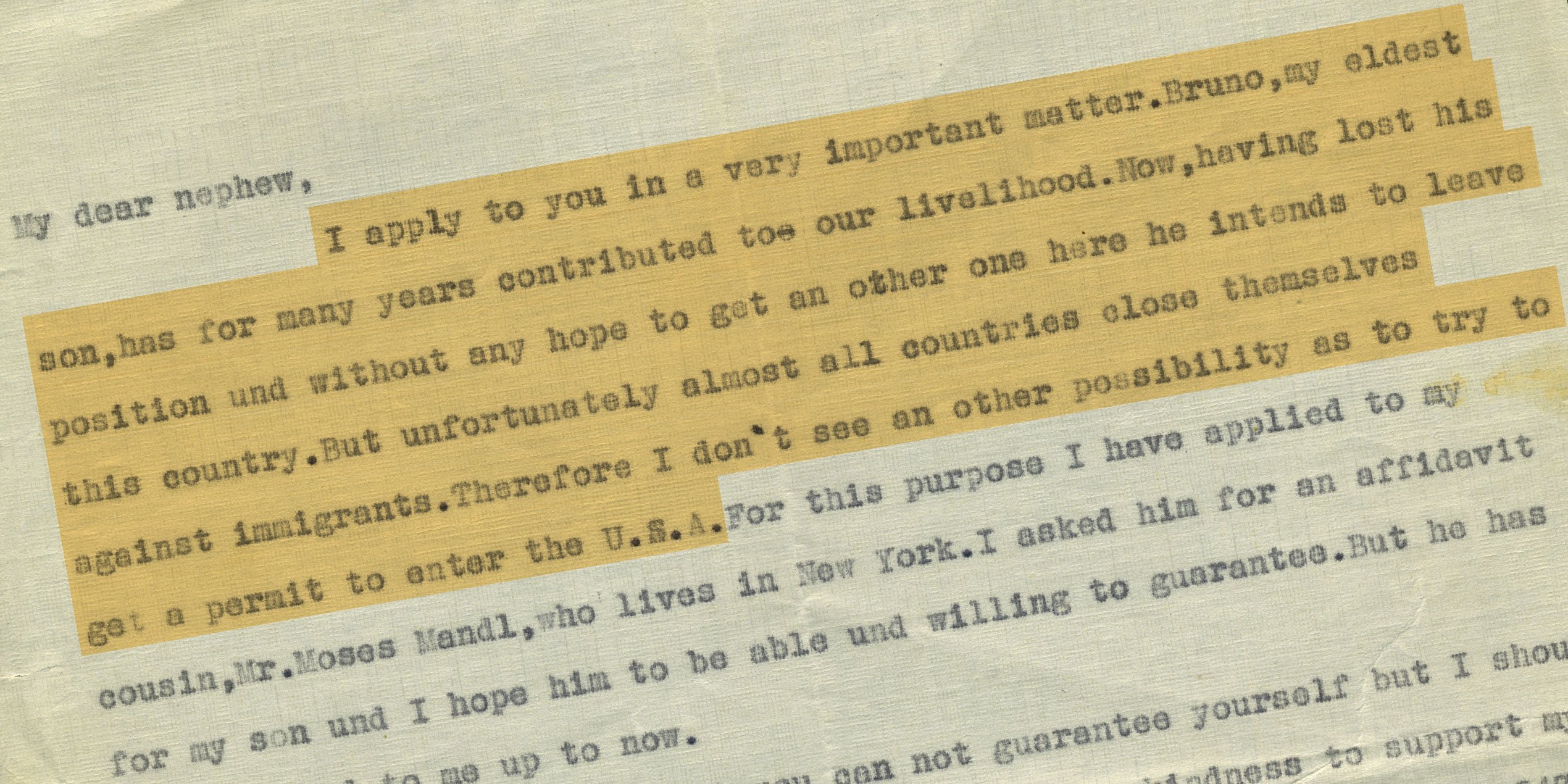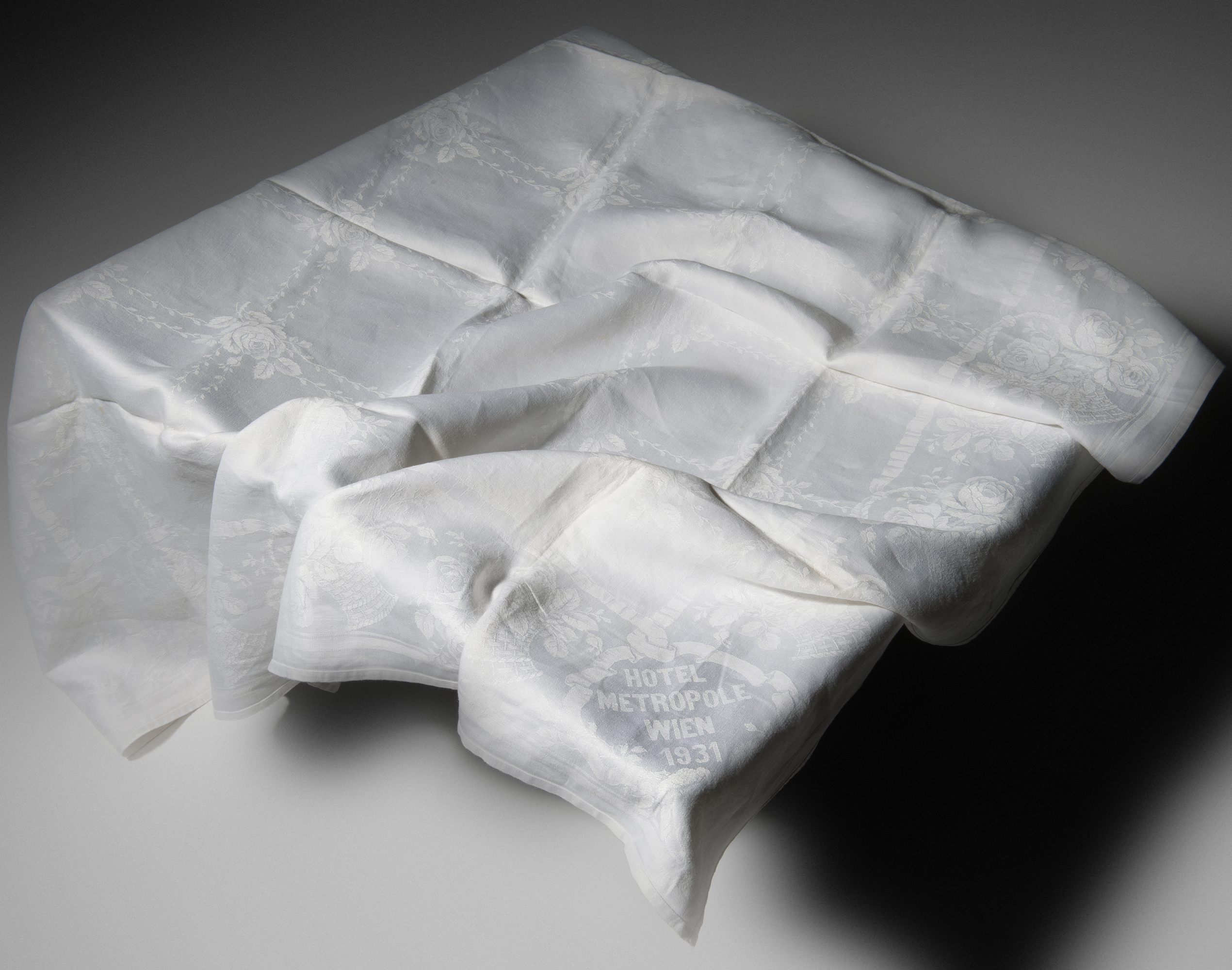Without warning
Nazis tear down main Synagogue in Munich

“The correspondent understands that the Nazis offered a small sum for distribution among needy Munich Jews for compensation for the synagogue, which is valuable freehold property.”
Munich
Ostensibly for traffic-related reasons, the city of Munich informed the Jewish Religious Community on June 8 that it was to sell the magnificent, centrally located Main Synagogue and the lot on which it stood for a fraction of its actual value. On June 9, the demolition of the building, which for little more than 50 years had served as the spiritual and cultural center of the Jewish Community, began. According to this June 10 report by the Jewish Telegraphic Agency, Chancellor Hitler had personally ordered the removal of the “eyesore.” Rabbi Baerwald, the spiritual leader of the community, received no more than a few hours advance warning in order to salvage the community’s most sacred objects. The recently acquired organ was passed on to a newly-built Catholic church. The loss of this building that had once been a symbol of pride, permanence, and belonging, was devastating to the Jewish Community of Munich.
SOURCE
Institution:
Collection:
“Hitler Orders Razing of Old Synagogue in Munich” 
Source available in English










































